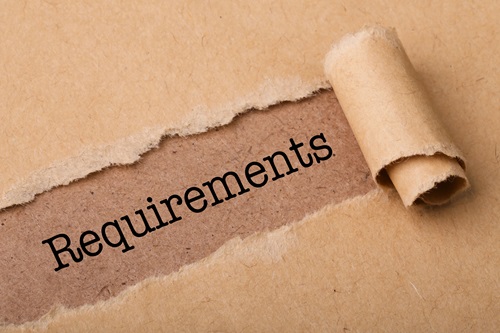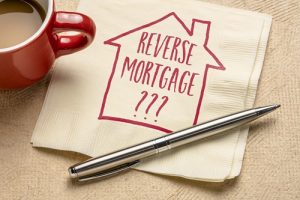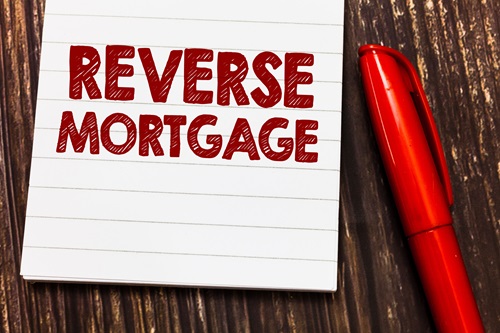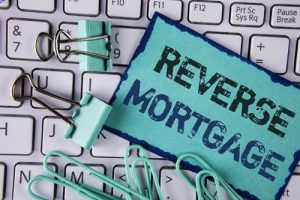
Planning for retirement often means exploring financial options that provide security and flexibility. One option that many homeowners consider is a reverse mortgage. This unique loan allows individuals to change a part of their home equity into cash while still living in their home. However, not everyone qualifies, and understanding the reverse mortgage requirements is essential before making a decision.
What Is a Reverse Mortgage?
A reverse mortgage is a home loan designed for older homeowners who want to access their home equity without the need to sell their property. Unlike traditional loans, this type of mortgage does not require monthly payments. Instead, repayment is deferred until the borrower moves out, sells the home, or passes away. However, certain conditions must be met throughout the life of the loan to avoid default.
Who Qualifies for a Reverse Mortgage?
Not all homeowners are eligible for this mortgage. Several key requirements determine qualification, including age, home ownership status, and financial stability.
Age Requirement
One of the most important mortgage requirements is age. To qualify, the borrower must be at least 62 years old. This rule is strict, meaning even if someone is close to turning 62, they cannot complete the loan process until reaching the required age. Some lenders allow applications to begin slightly earlier, but no funds are disbursed until the borrower officially qualifies.
Home Ownership and Equity
To be eligible for this mortgage, the borrower must be the legal homeowner. Additionally, they must either own the home outright or have substantial equity in the property. If there is not enough equity to qualify, the borrower may need to bring additional funds to closing to meet the lender’s requirements.
Primary Residence Requirement
This mortgage is only available for the primary residence of the borrower. This means the homeowner must live in the property for at least six months each year. To confirm compliance, lenders require an annual certification verifying that the home remains the borrower’s main residence. If the homeowner moves out or spends most of the year elsewhere, the loan may become due.
 Reverse mortgage in Greenville SC
Reverse mortgage in Greenville SCEligible Property Types for Reverse Mortgage
Not all homes qualify for a reverse mortgage in Greenville SC. The property must meet specific criteria, including:
- Single-family homes
- Two- to four-unit properties (if the borrower lives in one of the units)
- Condominiums that meet approval standards
- Modular homes
- Manufactured homes that comply with lending regulations
Because property type plays a major role in eligibility, homeowners should verify that their home meets all necessary requirements before applying.
Financial and Credit Considerations for Reverse Mortgage
While this mortgage does not require monthly loan payments, borrowers must still demonstrate financial responsibility. Lenders review the applicant’s ability to cover ongoing property expenses, such as homeowner’s insurance, property taxes, and maintenance. If there’s improper cost management, the homeowner risks defaulting on the loan.
However, unlike traditional mortgages, this mortgage does not have a strict credit score requirement. Instead, lenders conduct a financial assessment to ensure that the borrower can afford to keep up with necessary housing expenses.
Financial Counseling Requirement
To ensure that borrowers in Greenville SC fully understand how this mortgage works, financial counseling is a required step. This session, conducted by an independent, HUD-approved counselor, provides important information about the loan structure, potential risks, and alternatives.
Counseling sessions can take place in person or over the phone. Additionally, all borrowers listed on the loan must attend. In some cases, other individuals—such as a Power of Attorney—may be required to participate. Family members are also encouraged to join so they can better understand the loan and its long-term impact.
Is a Reverse Mortgage Right for You?
A reverse mortgage can be a valuable tool for homeowners looking to supplement their income, cover unexpected expenses, or eliminate existing mortgage payments. However, understanding the qualifications and responsibilities, and consulting Reverse Mortgage Specialist is crucial before making a decision.
If you’re considering this mortgage, call Reverse Mortgage Specialist now to speak with an expert and explore your options!


 Retirement Planning in Greenville SC
Retirement Planning in Greenville SC
 Reverse Mortgage in Greenville SC
Reverse Mortgage in Greenville SC
 Reverse mortgage in Greenville SC
Reverse mortgage in Greenville SC